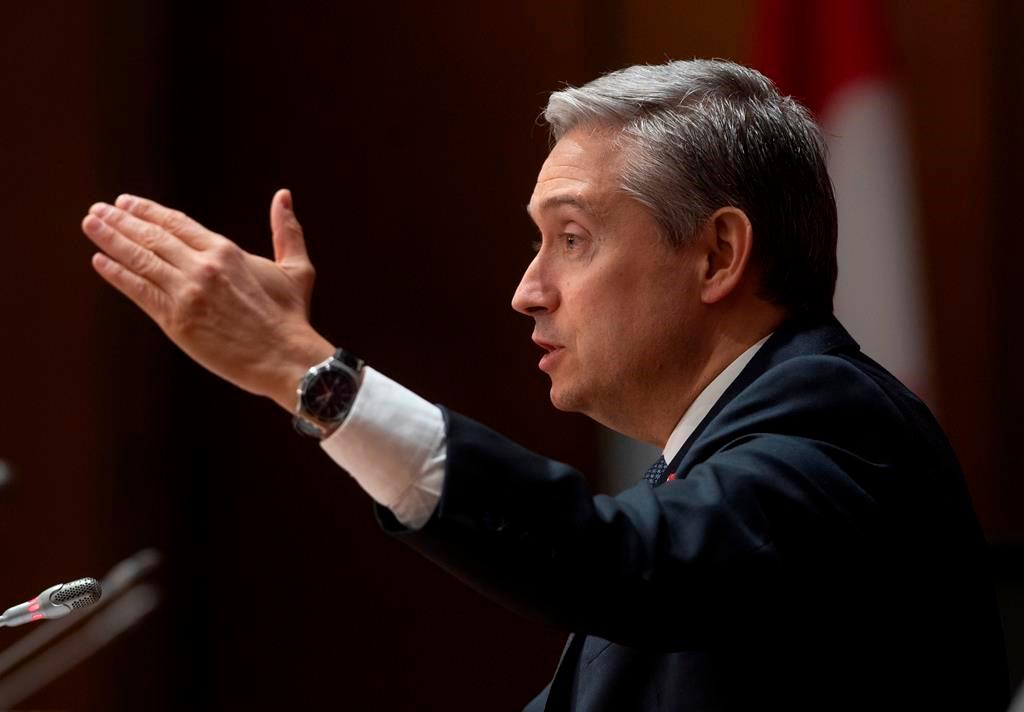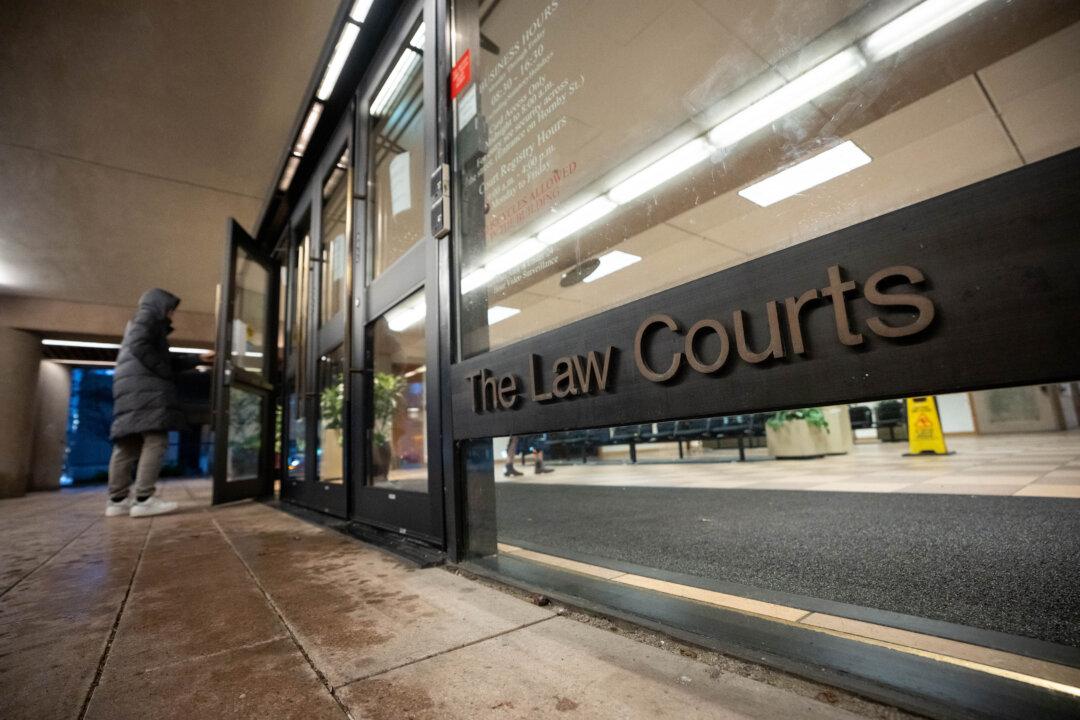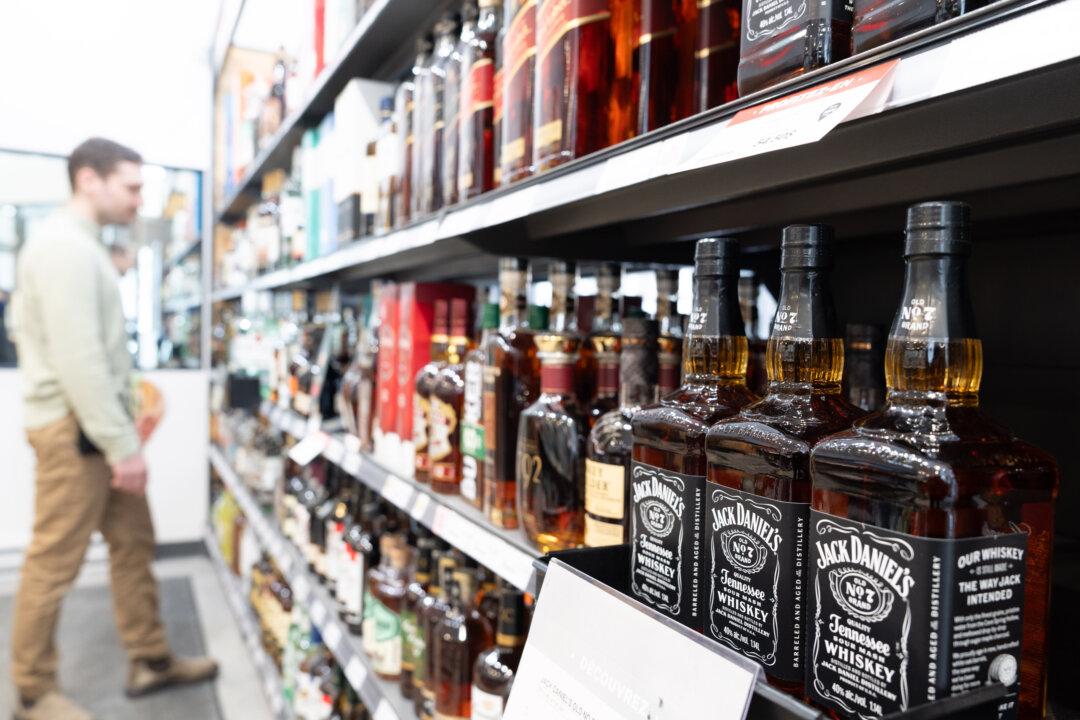OTTAWA—Foreign Affairs Minister Francois−Philippe Champagne says Canada is suspending its extradition treaty with Hong Kong as part of a package of responses to the new security law China has imposed on the territory.
In a statement, Champagne says Canada will also treat sensitive goods being exported to Hong Kong as if they were being sent to mainland China.






